YouTube’s content ID system brings humbug to the holidays
Adam inadvertently butts heads with the YouTube automatic content ID system when he sings “Silent Night” — a song firmly in the public domain.
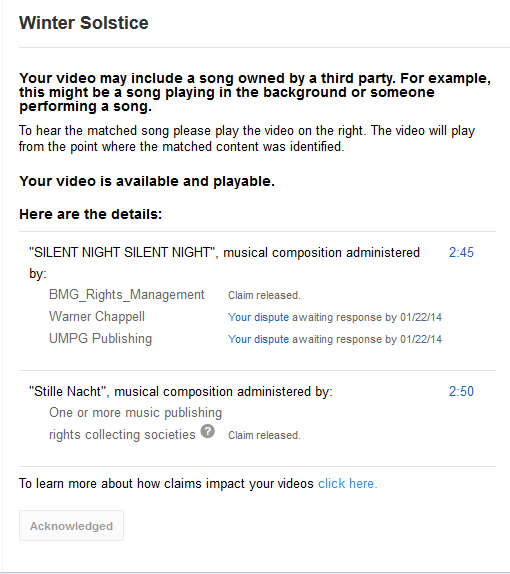
 Kids, never sing traditional, public domain Christmas carols on YouTube. It’s a huge headache.
Kids, never sing traditional, public domain Christmas carols on YouTube. It’s a huge headache.
I closed my latest video, “Winter Solstice”, by singing “Silent Night” — song composed in 1818, with English translation published in 1859. Any way you cut it, it’s a song well out of copyright jurisdiction. It’s one of the simplest examples of public domain.
And yet, when I published my video, I was immediately hit with a copyright claim, courtesy YouTube’s automated content ID system, asserting that my shoddy, imperfect, a capella version of this traditional Christmas carol did not belong to me.
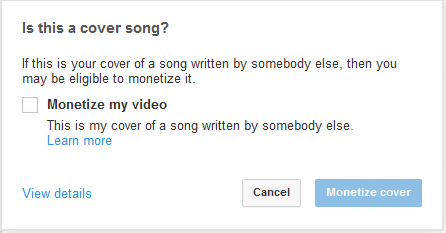
An interesting side note is the fact that this incident alerted me to a fact I was unaware of: YouTube now allows, in some instances, cover artists to share in the ad revenue with the owners of the content they’re covering. Good to know. Though I did not appreciate being heavily nudged in that direction, an easier direction by far, in a case where the copyright claim was fraudulent.
Obviously, this was a mistake. A ridiculous mistake, but I suppose these things happen. I disputed the claim from “One or more music publishing rights societies” and it was almost immediately acknowledged and dropped. I re-monetized my video and moved on.
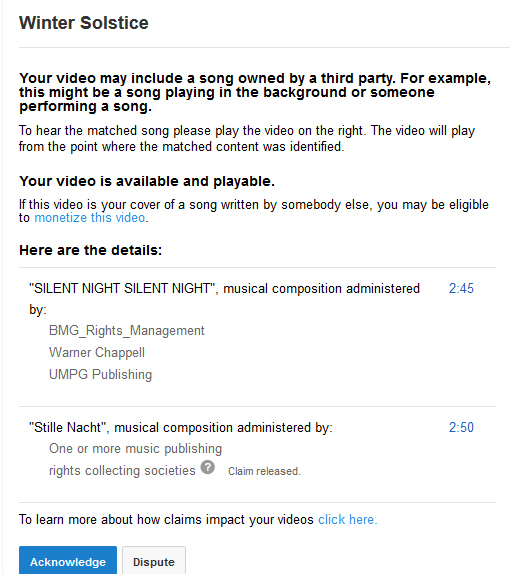
This morning, however, I woke to find my video had been de-monetized again. Once again, YouTube’s automatic content ID system had decided that my rendition of a public domain song belonged to someone else. This time, it was three claims at once, all from major record labels: BMG, Warner/Chappell, and Universal Music Publishing Group.
As one might imagine, it is immensely frustrating, even angering, to have fraudulent claims made on the same video two days in a row. I had assumed that disputing the first claim, with its vague insinuation of multiple parties claiming the song, that dealing with it once would mean it was dealt with. But it seems that any time I sing a Christmas carol, I will have to expect a horde of false claims.
Worse, the response to my dispute has not bee nearly as swift, this time. It took BMG hours to respond, but happily, they did at least respond in the same day. As of this writing, Warner and UMPG have yet to respond to my claim dispute. And according to YouTube, they don’t technically have to do so anytime soon. They have a full month to respond.
I was going to upload another Christmas carol today. This time, that would have been the entire video. I still might, tomorrow. But this experience has soured me.

As an independent content creator, it is absurd, ridiculous, and downright insulting that I can have my content de-monetized based on a completely fraudulent claim. The fact that the claims are based on an automated system doesn’t make it any better. If anything, it makes me think the automated system should not be in place. Or at the very least, it needs a major overhaul, and a lot more human eyes involved before action is taken.
Now, I’ve been on the other side of this a few times. I didn’t deal with the automated system, but I’ve had to have content taken down for infringing on my copyrights (I generally leave remixed videos alone, but I’ve had to keep an eye out for complete re-uploads of entire videos). So I do understand the point of view of the rights holders who are trying to keep hold of their content. And when I’ve been in that situation, I’ve appreciated the prompt action taken on my behalf against infringing content.
But we’re playing with people’s income, here, and I don’t think an automated system should be in charge of that. Certainly not one that apparently has public domain songs registered to it. Anything fitting that description should only be acted upon once a human eye has reviewed it. Perhaps a different category within the content ID system is needed. A category for protecting specific recordings and arrangements of public domain content, but without YouTube’s entirely too impressive ability to recognize the similarities of someone singing their own version.
All I know is that dealing with this has dampened my holiday spirit. I don’t even have the energy to get into how disturbing it is that the judge and jury on whether or not a claim is valid appears to be the accusers themselves. I will say, though, that it’s quite the opposite of the experience I, as an independent, have when I flag a video for infringing my copyright. I have to make my case, and let YouTube judge whether I’m correct or not.
In the end, it’s fairly obvious that YouTube’s relationship with copyright is generally messy, full of flaws, and skewed toward the people with high-priced lawyers. At best, these actions are the accidents of good intentions. At worst, it’s a corporate strategy that weakens the independent artist. And either way, it has introduced an unpleasant amount of humbug into my holiday season.
(Update: the final content ID claim was released, and the video re-monetized, on December 27th. More details in the follow-up blog.)
Writer. Actor. Director. Chalk artist. YouTuber. Nerdfighter. Traveler. Pansexual. Genderfluid. Millennial. Socialist. Living a complex life beyond those words.


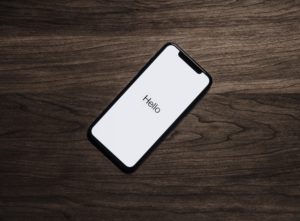

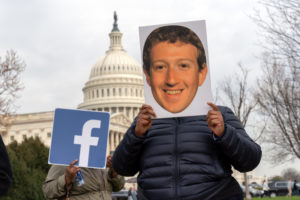

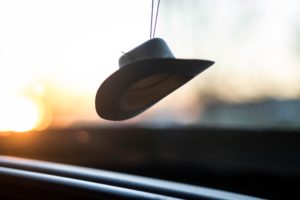
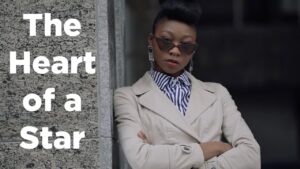
This has been going on for years. You think you have it bad? Just try uploading anything with classical music and watch the feeding frenzy of competing automated copyright claims begin. Appeals go to the claimant, and even if you have rock-solid evidence that (a) it’s not their performance and (b) you bought a license to use it, the appeal is almost always denied. And if the appeal succeeds, the next claimant pops up and monetizes your video, and you’re right back to where you started.
Unfortunately this is super common for classical music. YouTube needs to figure out how to deal with these public domain tracks.
Fraudulent claims should carry a financial penalty for damages. That would reduce them right away.
I was wondering if it is possible to give those false claimants some of their money back. Can anybody make a claim against anybody? And what is the charge for such a clam? Is it free?
I’ve had the same thing happen to me, except it for playing Chopin’s Fantaisie Impromptu on the piano. It was composed in 1834, Chopin died in 1849, and the piece was published posthumously by Fontana in 1855. Yet after posting a video on Youtube of me personally playing this piece on piano, I got no less than 5 notices of “matched third party content” from Warner Chappell, AdRev Publishing, and others. Basically they claimed the right to monetize my video, despite them having nothing to do with it (since the video was of me playing on the piano), and the piece has long entered into public domain. I highly doubt my playing is of a quality that’s similar to any recording artist. I disputed all of the claims and they were all eventually removed, although it’s a good thing I wasn’t actually trying to monetize the videos myself anyway, but I didn’t want ads on it whose revenue would just go to somebody else.
I get that companies are out to make a profit, but it’s a huge travesty that Youtube implemented this third party content thing that lets music corporations take over user’s content and profit off of them, even if the corporations have nothing to do with the user’s work. Keep in mind that Youtube profits from this because the music corporations pay Youtube to automatically try to match every upload to samples of what they claim is their copyright. And the music corporations in turn profit by the monetization, and by essentially decreasing competition (i.e. content that’s not theirs that people may be more interested in) by increasing other people’s workload, since disputing the matches is done individually and manually, but matching the content is automated — so it’s more of a hassle for users to upload their own content.
If there were a video hosting alternative to Youtube that’s free, I’d be all for it. I would like to upload more samples of me playing the piano, but it’s a hassle to have to deal with the disputes every time.
Even more silly is…didn’t anyone at YouTube even realize that they OFFER a free version of Silent Night through there Audio Library for free use by anyone both on and off YouTube? You can search for “silent night” here and see the 2 versions they offer: http://www.youtube.com/audiolibrary
Oh, wow. I’m genuinely curious if anybody got a fraudulent content ID claim for using the Audio Library’s versions of “Silent Night”, Phantom. That would be hilarious. Frustrating, yes, but also so ridiculous that anybody would HAVE to laugh.